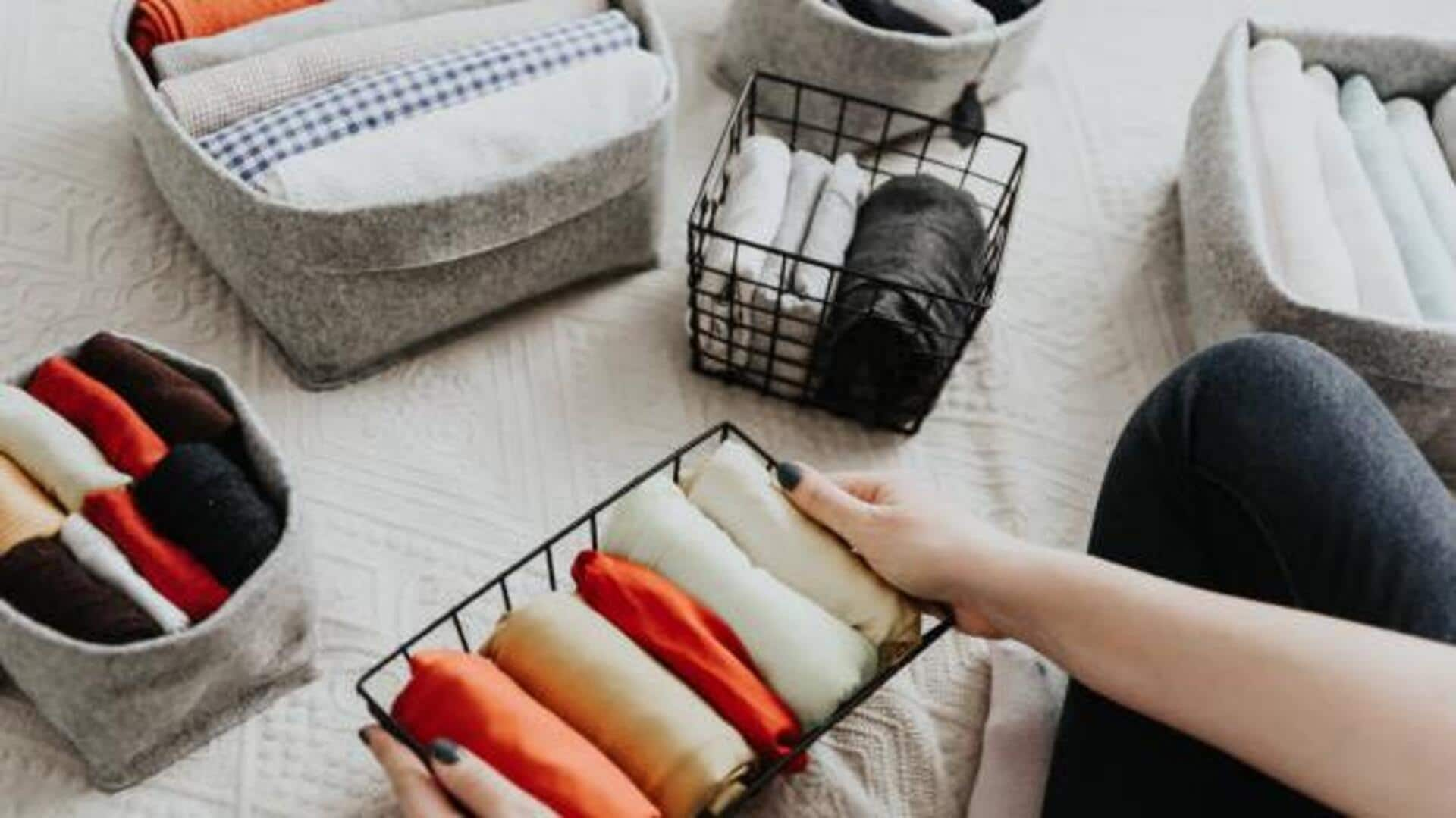
How to embrace minimalism
What's the story
Adopting a minimalistic lifestyle can reduce stress and help you focus on what really matters. By simplifying your daily routine, you can find more time and energy for meaningful activities. This article takes a look at five practical habits that will help you cultivate a minimalistic lifestyle. These habits will help streamline your day-to-day life, letting you focus on essentials and clearing away clutter.
Declutter
Declutter your space regularly
Regular decluttering is a must for living a minimalistic life. Dedicate time every week to sift through your belongings and determine what you need and what you don't. Donate or recycle things that don't serve any purpose in your life anymore. This not only opens up physical space but also clears your mind, making it easier to focus on things that matter.
Digital detox
Limit digital consumption
Limiting digital consumption is important to reduce distractions. Set specific timings during the day when you'll check emails or social media, instead of being constantly connected. This practice helps reduce information overload and gives you more time to do offline activities like reading or spending time with your loved ones.
Financial awareness
Practice mindful spending
Mindful spending is all about being aware of where your money goes. Before you purchase anything, ask yourself if the item adds value to your life or it is just an impulse buy. Prepare a budget which prioritizes necessities over wants, saving you money while preventing unnecessary hoarding of material goods.
Wardrobe streamlining
Simplify your wardrobe
A simplified wardrobe makes daily dressing decisions easier and quicker. Opt for versatile clothing pieces that can be mixed and matched effortlessly. Consider adopting a capsule wardrobe approach by limiting the number of items you own while ensuring they are functional and suitable for various occasions.
Quality first
Focus on quality over quantity
Prioritizing quality over quantity ensures that the things you own last longer and serve their purpose well. Invest in durable products instead of choosing cost-effective alternatives that may require frequent replacement. This habit not just minimizes waste but also promotes thoughtful consumption patterns that are in tune with minimalism principles.